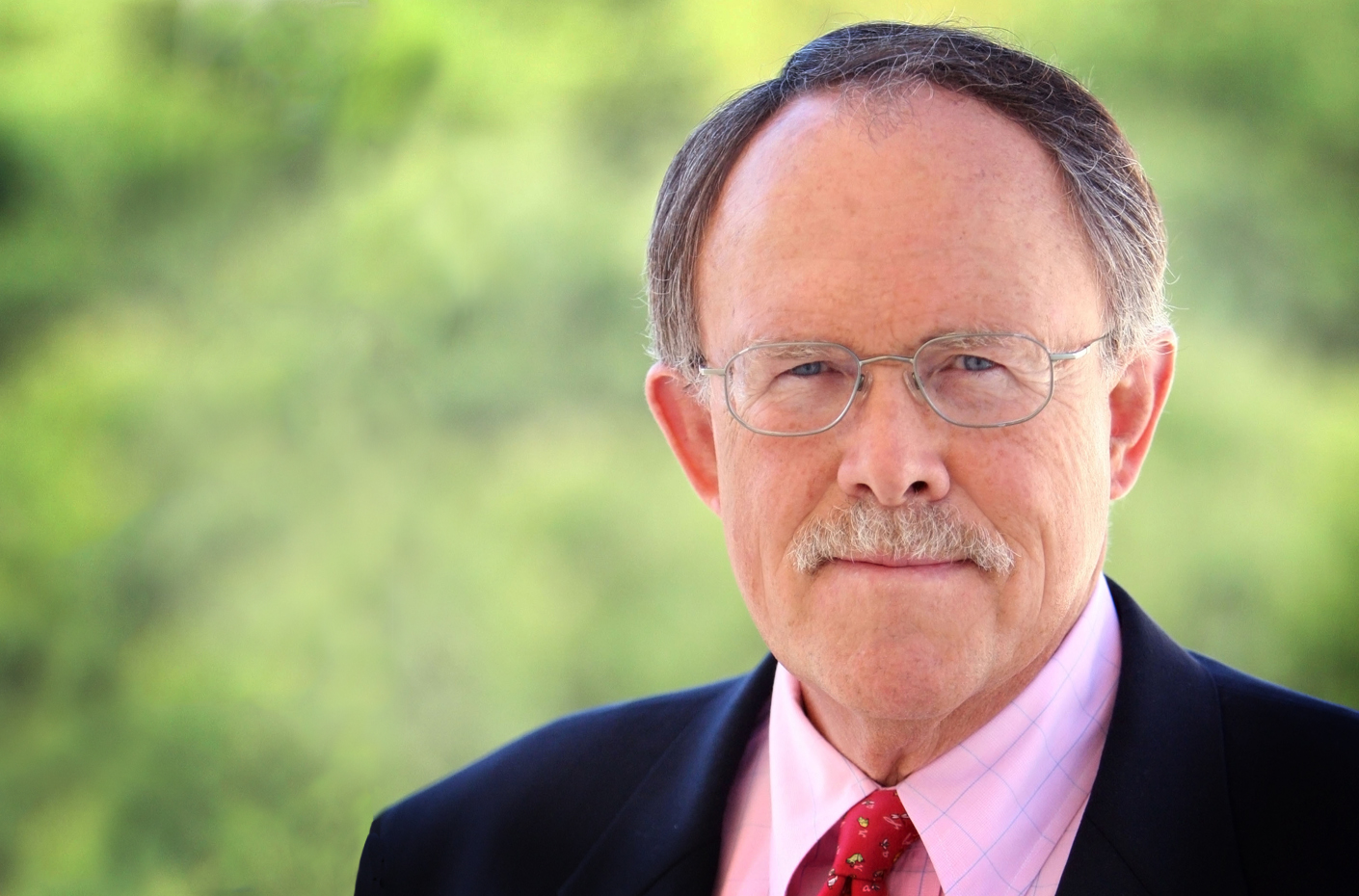Career honors

Career honors
- March 28, 2012
- UCI sociologist David A. Snow earns Distinguished Professor and Lauds & Laurels honors for outstanding career of research, teaching and service
-----
 In the early 1980s, city officials in Austin, Texas began to notice an increasing
number of people living on the city’s streets and hanging out on its jogging trails.
Worried about what they called “an emerging social problem,” officials contacted the
University of Texas sociology department and found David Snow, who was then an associate
professor studying social networks and movements.
In the early 1980s, city officials in Austin, Texas began to notice an increasing
number of people living on the city’s streets and hanging out on its jogging trails.
Worried about what they called “an emerging social problem,” officials contacted the
University of Texas sociology department and found David Snow, who was then an associate
professor studying social networks and movements.
He and his graduate student, Leon Anderson, partnered with the city to investigate. Over the next three years, Snow and Anderson visited homeless shelters, walked the jogging trails and streets – even spent some time living on them – to gain better perspective on the homeless; who they were, how they lived, why they ended up on the streets. What they learned surprised Snow and debunked many previously held notions of the homeless, whom he now conceptualizes as a type of “superfluous people.”
“The concept of superfluous people figured prominently in Hannah Arendt’s The Origins of Totalitarianism,” Snow explains. “But a number of graduate students and I believe she erred in associating it mainly with fascism.” They contend that an increasing number of the world’s population is not only societally marginal but regarded as redundant and expendable and thus superfluous.
“This includes, for example, refugees and displaced persons, squatters, and the homeless,” he says.
Among his findings:
- Getting a job with a living wage was noted as a top priority among most of the homeless people survey.
- Only 25-35 percent of those surveyed indicated problems with alcohol, with excessive use more of a consequence rather than a cause of living on the streets.
- The rate of violent crimes committed was lower among the homeless than was the rate perpetrated by those living in homes.
- Concern with personal identity and self-regard were as important as the need for food and shelter, thus calling into question Abraham Maslow’s famed hierarchy of needs.
These and other findings were explained in a number of research articles and in Down on Their Luck. The book earned a host of awards including the Society for the Study of Symbolic Interaction Charles Horton Cooley Award and the North-Central Sociological Association Scholarly Achievement Award, as well as a spot on Contemporary Sociology’s list of the best ethnographies published between 1950 and 2000.
From his ongoing research on social movements emerged a new theory for better understanding how the interests and views of social movement leaders and participants align for the purposes of collective mobilization. Snow called it “frame alignment,” and it led to the development of the now widely influential framing perspective on social movements, which has been applied in sociology, political science, public policy and organizational studies as a way to better understand collective mobilization of all kinds.
“Dave’s work stands among the most original and groundbreaking in the discipline,” says David Frank, UCI sociology professor and department chair. “While it addresses a number of discrete theoretical and empirical problems, it has the common goal of creating general conceptual tools to comprehend the dynamics of everyday social interaction.”
Snow moved to the University of Arizona in 1987 where he headed the sociology department for nine years. During his tenure there, he served terms as president of both the Society for the Study of Symbolic Interaction and the Pacific Sociological Association, and published extensively in leading academic journals on applied and theoretical topics in social movements and social marginality, particularly homelessness, in urban contexts.
When he arrived at UC Irvine in 2001, Snow had authored or coauthored nearly 100 articles, a benchmark he has since surpassed.
“He is, quite simply, one of the most celebrated sociologists living today, having profoundly influenced the discipline and won recognition around the world,” says Frank.
In 2008, the Society for the Study of Social Problems awarded Snow the Lee Founders Award for his career contributions to the study of social problems. In 2011, he earned UCI’s highest campus-level distinction for faculty – the title of Distinguished Professor. Most recently, the UCI Alumni Association named him the 2012 Lauds & Laurels Outstanding Faculty.
Yet for all his accomplishments, Snow shows no signs of slowing.
In 2010, he authored A Primer on Social Movements. Over the past year, he served as vice president of the 14,000-member American Sociological Association and completed, as the lead co-editor, the forthcoming, three volume Wiley-Blackwell Encyclopedia of Social and Political Movements.
He’s currently working on his ninth book, The Sidewalks of Globalization, which is a comparative analysis of the homeless in Los Angeles, Paris, Tokyo and Sao Paulo.
He assists non-profits who work with the homeless in Los Angeles and Orange counties, including Families Forward in Irvine and SOS in Costa Mesa.
He is a member of the UCI Center for Ethnography; Center for Global Peace and Conflict Studies; Center for Research on Immigration, Population and Public Policy; and Center for the Study of Democracy.
He also co-chairs the UCI Center for Citizen Peacebuilding through which he supports research and community-based activities aimed at discouraging conflict and violence. Under his co-direction, the center helped bring the Olive Tree Initiative into fruition, along with a community-based offshoot with which Snow traveled in 2011 to Israel, Jordan, and Palestine. He also supported the launching of a new Youth and Gang Violence Intervention Training Program which hosted its inaugural class in March.
“Dave has played an outstanding role as a wise leader who can very quickly see the way forward through complex situations requiring thoughtful consideration, fairness, transparency and diplomacy,” says Paula Garb, the center’s co-director.
His research and leadership styles carry over to the classroom where he teaches large courses of undergrads and mentors graduate students on the importance of qualitative methods in the research process – methods which have been critical to his own success.
“As befits his ethnographic orientation, Dave is an outstanding listener,” says David Meyer, sociology professor with whom Snow has been co-teaching a course on social movements for several years. “He wears his status in academia lightly, and is always interested in talking with anyone trying to puzzle out a better understanding of the world.”
Catherine Corrigall-Brown, sociology assistant professor at University of Western Ontario and a former graduate student of Snow’s, agrees.
“He pushed me to think deeply and critically about the issues at hand. His enthusiasm for teaching is infectious and he elicits a level of participation from his students that is quite rare.”
Not to be forgotten is his work with UCI Athletics. Since 2004, he has served as the Faculty Athletics Representative (FAR), spending countless hours reviewing and overseeing all UCI student-athlete academic performance, academic integrity, eligibility, compliance and overall well-being.
“His work ethic and moral character are beyond impressive,” says Michael Izzi, athletics director.
“In athletics, many student-athletes are recognized with an honorable mention, first team, or first team All-America honors for having a profound or extraordinary impact on their team. If these awards were given to FARs, Dave Snow would be considered an All-American.”
Come celebrate Snow’s accomplishments with the School of Social Sciences at the 42nd UCI Alumni Association Lauds & Laurels Ceremony May 17, 2012 to be held in the UCI Student Center. Click here for further information.
-Heather Wuebker, Social Sciences
-photo by Kristy Salsbury, Social Sciences
-----
Would you like to get more involved with the social sciences? Email us at communications@socsci.uci.edu to connect.
Share on:
Related News Items
- Careet RightNotes from a future professor
- Careet RightCan Opportunity Zones ever meet their poverty-fighting promise?
- Careet RightFei Yuan named one of ten global China Times Young Scholar Fellows
- Careet Right'Wired for Words: The Neural Architecture of Language,' an excerpt
- Careet RightEveryone's looking for a partner who has these 3 traits, according to research


